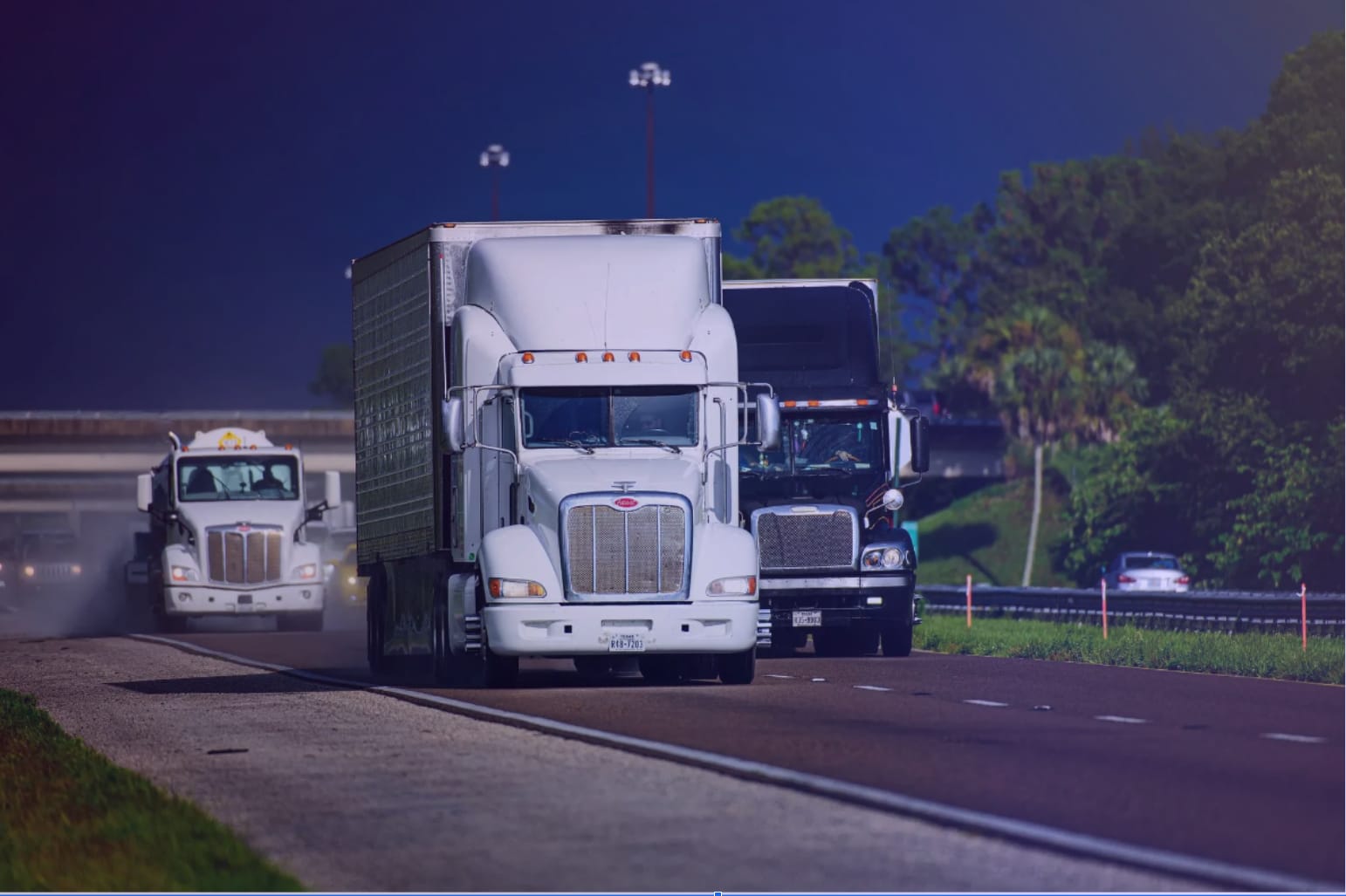Harnessing the Power of Video Telematics to Improve Road Safety and Mitigate Risks

The transportation industry is currently facing significant challenges related to insurance costs, collisions, and nuclear verdicts, which are having a profound impact on the industry as a whole. As a result, ensuring driver safety has become more crucial than ever before for fleet operators. At Nexar, we are constantly looking for new ways to provide solutions for improving the insurance industry’s loss ratio, and in this tech-driven world, video telematics can be game-changing.
Rising Nuclear Verdicts
The US Commercial Lines Market Update by Fitch Ratings has revealed that the commercial auto line is facing challenges in 2023 due to higher parts and repair costs, as well as litigation exposures, resulting in increased claims severity. The combined ratio for commercial autos has risen to 105 in 2022, which is five points higher than in 2021. Despite double-digit Q1 price increases for commercial auto premiums, which have persisted for 22 consecutive quarters, the increases were slightly lower in Q4 2022, according to WTW's Commercial Lines Pricing Survey (CLIPS) released in early June.
Nuclear verdicts in particular are a rising concern for transportation companies and a significant factor in insurance rates. According to the American Transportation Institute (ATRI), the number of cases with nuclear verdicts over $1 million has increased by 235% between 2005 and 2019. Jury verdicts for commercial auto losses over $10 million showed a gradual increase from 2010 to 2013, ranging from $12 million to $22 million, before rising dramatically in 2019, as stated by Advisen loss data. Preliminary data for 2021 shows a further escalation compared to prior years.
Video telematics provides a visual ground source of truth, reduces the chances of fraud, wasted dispute and down time, and mitigates the risk of nuclear verdicts. Nexar's video telematics, particularly our proprietary low G detection, provides concrete evidence of the extent of a collision that may otherwise go undetected.
Enhancing Road Safety and Rejecting False Claims
The most significant contributing factors to nuclear verdicts are often safety statistics, a lack of hiring and training documentation, and insufficient defense, such as cameras. However, record-keeping and efficient technology can silence arguments of systemic failure. As the insurance industry continues to evolve, technology is playing an increasingly important role in improving road safety and the claims process. One of the most promising technologies in this space is video telematics. With advanced collision reconstruction, multiple cameras, visual validation, and the ability to combine visual videos and telematics data, video telematics can significantly improve the insurance industries loss ratio by speeding up claim resolution and driver exoneration, thus reducing the overall number of claims and associated costs.
The ability to determine fault from video evidence alone streamlines the claims process and allows for quick identification and rejection of false claims. This helps reduce the overall number of claims and associated costs. The combination of visual videos and telematics data offers a comprehensive view of the road situation, enabling a more accurate assessment of claims.
Nexar removes the guesswork with visual ground truth.
It all starts with the dash cam. These handy cameras are easy to install and have been "battle-tested" with millions of vehicles globally. One of the most promising technologies in this space is video telematics, particularly video FNOL (first notice of loss) and collision reconstruction. With camera video footage, accident detection algorithms, and artificial intelligence, video FNOL systems can detect and report accidents to insurers within minutes of an event occurring. The result is an end-to-end visual validation solution that reflects the indisputable ground truth, helping to avoid scams and mitigate risk.
Interested in Nexar's solutions for MGAs and commercial insurance?
Reach out to Dean Becker (Business Development, Nexar) to schedule a short call.


